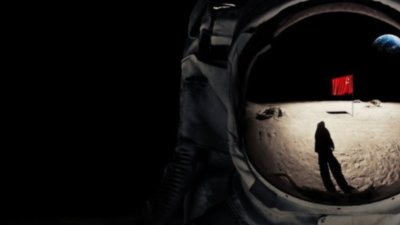Apple TV+ Review: 'Little America' looks at the human side of immigration
Uneven but intriguing, the series, in eight separate vignettes, tells eclectic stories of American immigrants through the years.
Kemiyondo Coutinho in "Little America" in Little America (courtesy of Apple)
Little America, the only new Apple TV+ series debuting in the month of January, has a very strong hook. It's an anthology series, based on a series of true stories from Epic Magazine, about different aspects of the American immigrant experience.
Each episode has a different cast, as well as a different writer and director, although the whole project is supervised by a team with a pedigree. The showrunners are former The Office writer/producer Lee Eisenberg and Orange Is the New Black writer Sian Heder, while the executive producers include Silicon Valley actor Kumail Nanjiani and his wife Emily V. Gordon, who together wrote an acclaimed movie, The Big Sick, that was based on their own lives.
Alan Yang, the longtime sitcom writer who worked on Master of None, is also an executive producer. The show was "developed by" Nanjiani, Gordon and Eisenberg.
In front of the camera, the series doesn't have the star power of some of the other Apple TV+ shows, as the producers are probably the best-known people associated with the show. The initial episodes vary in quality, and the show is unlikely to emerge as the Apple TV+ series that captures the zeitgeist. But that said, the concept has a great deal of promise — and it's already been renewed for a second season, even before the first one debuted.
The first season consists of eight episodes, all of which debut on Apple TV+ on January 17, and each is 30 minutes long, give or take a few. We've seen the first five.
One consistently good thing about the show is its opening credits. While most new TV shows in recent years have eschewed credits sequences altogether, Little America uses a creative conceit. Not only does it use a unique montage of the credited names appearing on billboards, storefronts and other edifices of Americana, but each episode uses a different song, in keeping with the theme of each installment.
Eight small tales
As for the episodes themselves, the best one is the first one, called "The Manager." This one, set in the early 2000s, concerns Kabir (Eshan Inamdar), the 12-year-old son of Indian immigrant parents who run a motel in Utah. A precocious kid who's shown trying to memorize the entire dictionary, he's soon left alone when his parents are forced to return to India.
It's a tearjerker, if not just for the moment when Kabir overhears his parents' meeting with an immigration official and has to look up the word "deportation" in his dictionary. But we see him emerging as a spelling bee champion, and even meeting with then-First Lady Laura Bush (played by, of all people, Twin Peaks actress Sherilynn Fenn.) With a poignant ending, "The Manager" really represents the pinnacle of what the show's concept represents.
Very different, but also very enjoyable, is the fourth episode "The Silence," which is set entirely at a silent yoga retreat, and is itself a silent film for most of its running time. It stars Star Trek actor Zachary Quinto as the yoga master and Melanie Laurant, from Inglourious Basterds as the protagonist. It's directed by Sian Heder, the co-showrunner.
The premise may leave you wondering why this particular story is part of this particular anthology, but there's a great punchline that makes it all worth it.
Less successful is the second episode, "The Jaguar," which concerns Marisol (Jearnest Corchado), the troublemaking teenaged daughter of a housekeeper. In the episode, directed by Aurora Guerrero, Marisol is lured by the promise of free shoes to a squash class at a fancy gym. There, she's mentored by the instructor (John Ortiz) and goes on to emerge as a champion squash player.
Inspiring as the story is, it can't escape decades-old sports movie cliches, from the unorthodox coach to a training montage that seems lifted directly from Rocky. She even has an argument with a tournament referee that feels like a homage to the one Serena Williams had a couple of years ago.
The episode also contains some Apple product placement, albeit consistent with the vignette's setting in 2009: We see Marisol using iTunes to sync her iPod, as it's established that the character is a lover of cheesy '80s music.
The third episode, "The Cowboy," is set in the early 1980s. It stars the Nigerian entertainer known as Conphidance as a young man, also from Nigeria, a lover of Western movies and iconography who arrives in the U.S. as a college student and struggles to fit in at first, before eventually finding his way, while worrying about government instability back home.
This one takes a while to get going, but eventually settles in, especially in showing the relationship between the student and his professor (actor and director Tom McCarthy.)
You know one of those stories would involve food, and that's the fifth episode, titled "The Baker." It depicts a young woman named Beatrice who emigrates from Uganda to Kentucky in the 1970s. The episode depicts Beatrice's attempts to get a cookie business off the ground- first by selling them at a diner, then on the street, and finally by borrowing a pizza place's oven.
It's a sweet tale, anchored by a strong performance from lead actress Kemiyondo Coutinho, and with a healthy amount of 1970s flavor.
The Bottom Line
Little America was first announced by Apple in early 2018. While you'd think from the description of the premise that the show is meant as a rebuke of Trump-era immigration policies, it doesn't really do that in the first season. In fact, the episodes we've seen are all set prior to the Trump era and most steer clear of political questions.
The series, though, makes a point of showing the value of telling the stories of American immigrant lives, which can be construed as a political statement in itself.
The key thing with Little America's anthology premise is that the number of stories it can tell, about different immigrants from different places experiencing America in different ways, is virtually limitless. It's a decent show, with a chance to eventually become great.
 Stephen Silver
Stephen Silver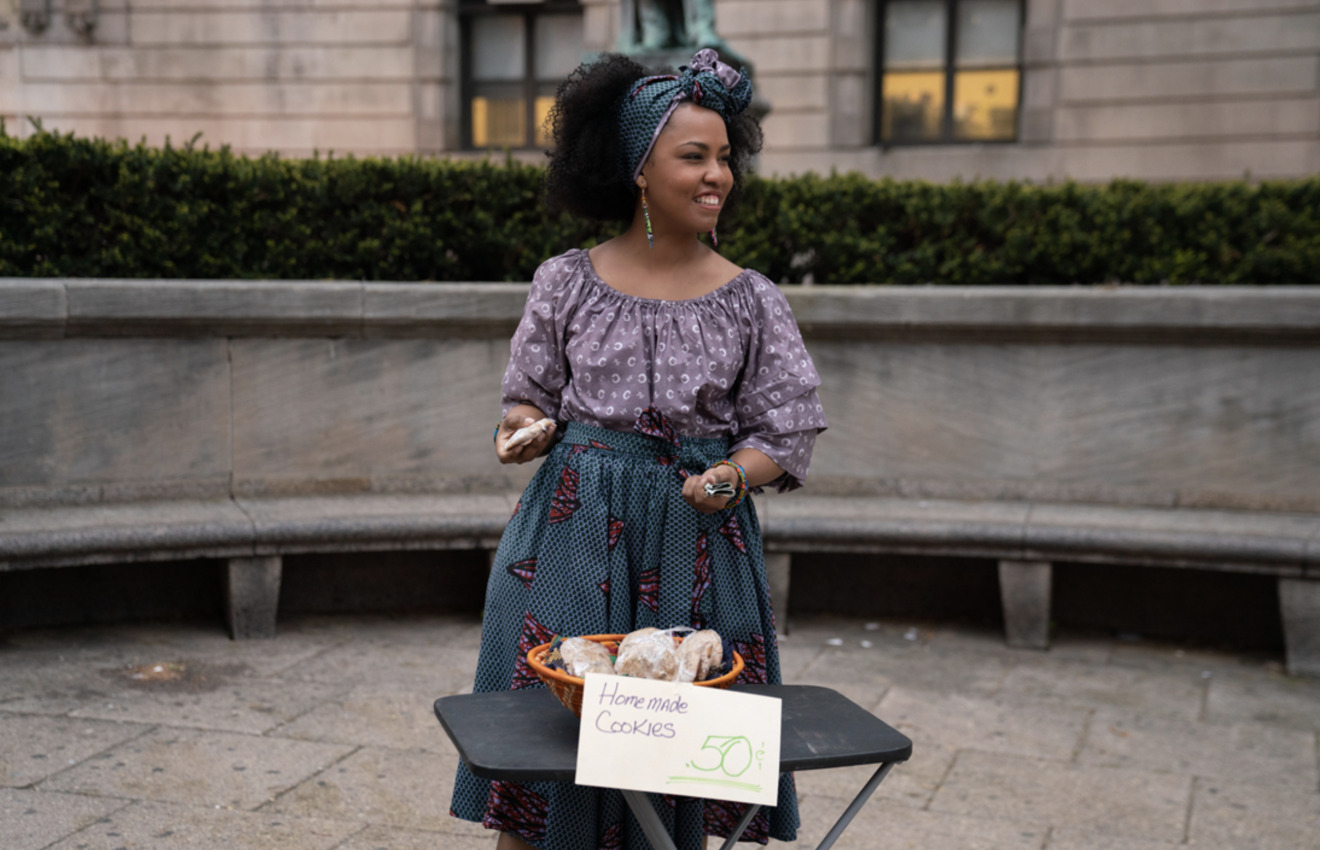
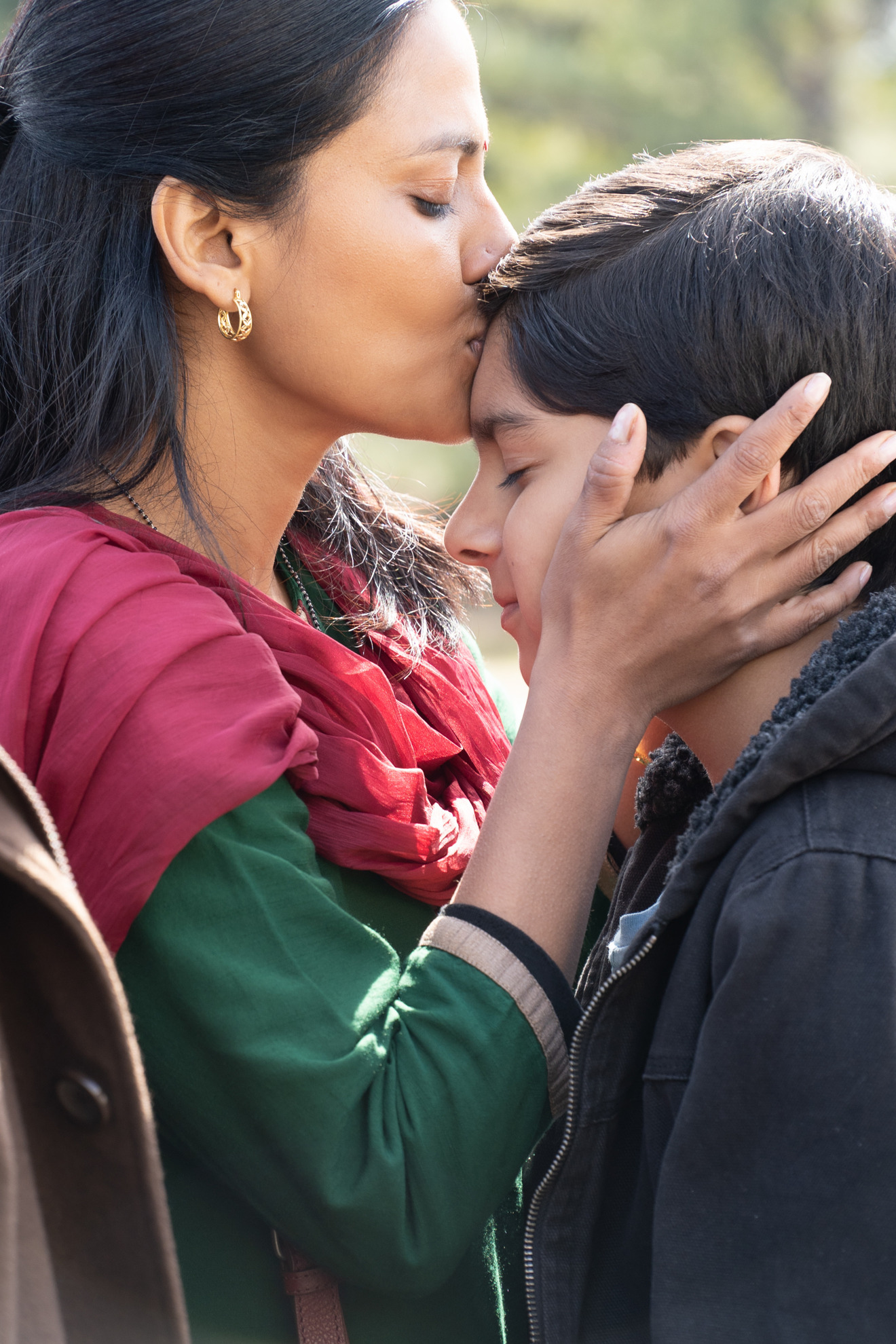
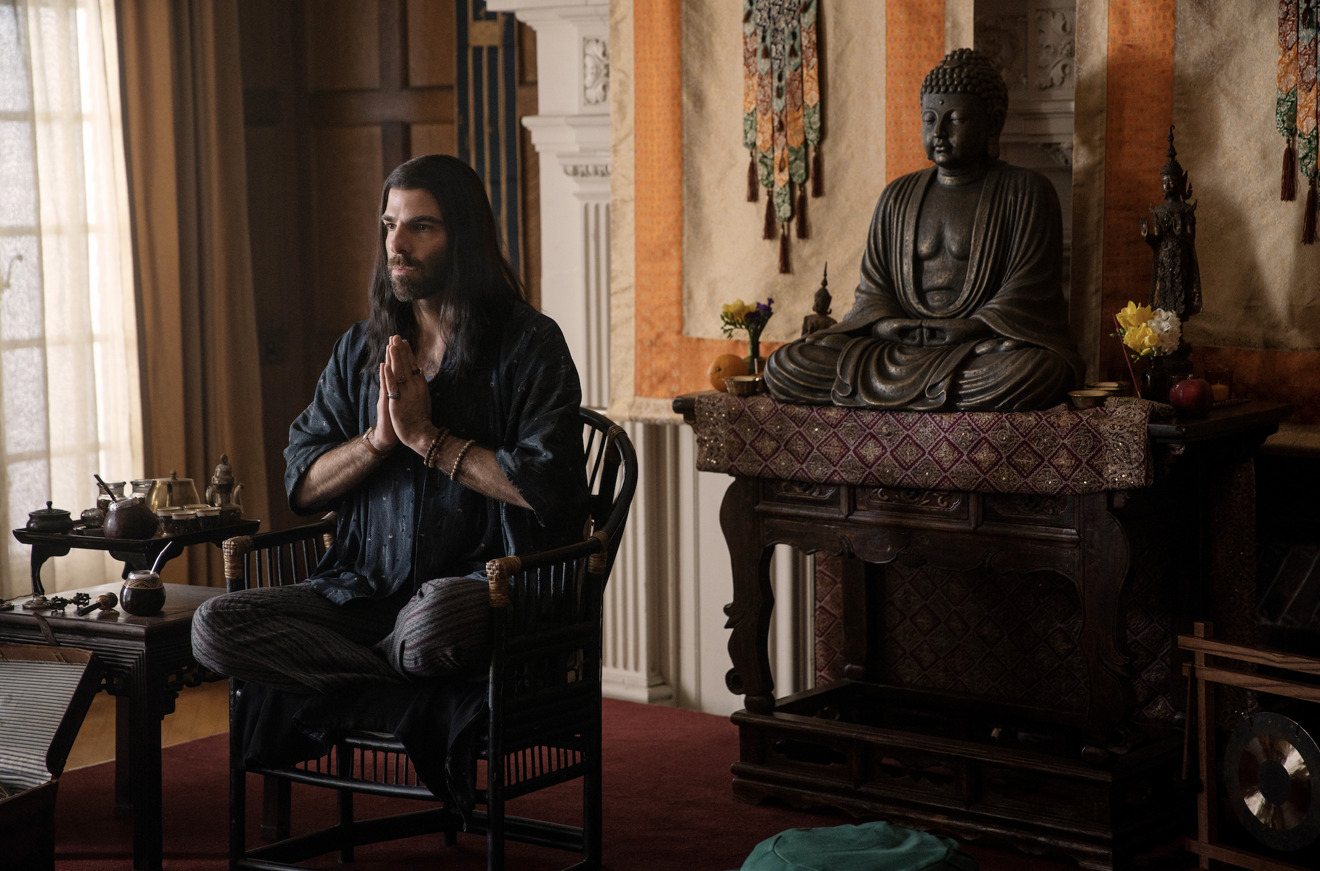

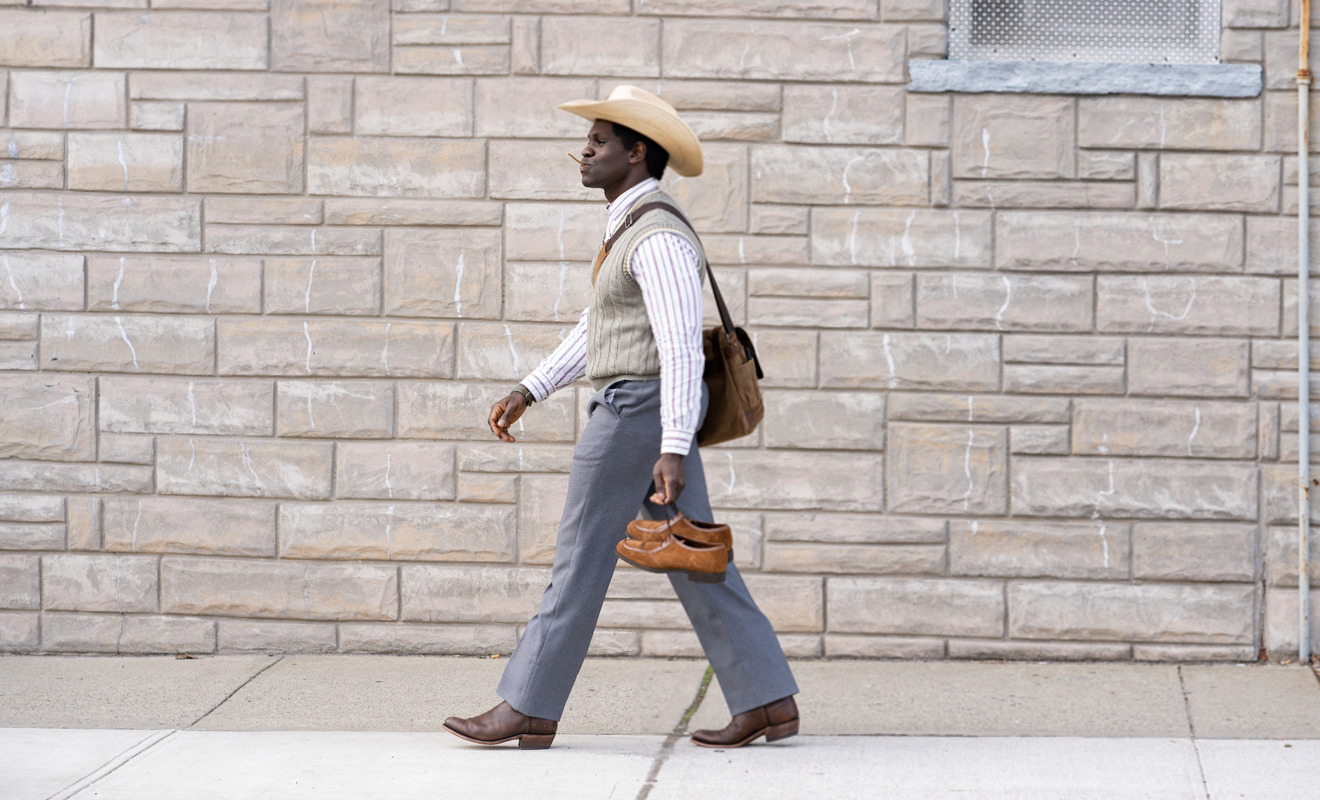











 Malcolm Owen
Malcolm Owen
 Christine McKee
Christine McKee

 Amber Neely
Amber Neely

 William Gallagher
William Gallagher